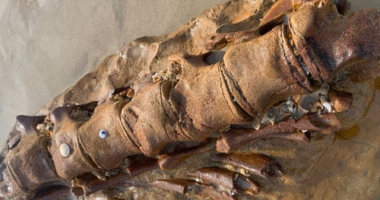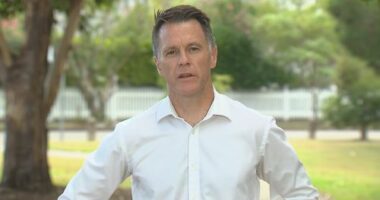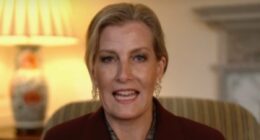Share this @internewscast.com

Last night, Opposition leader Sussan Ley and the party’s environment spokesperson, Angie Bell, reached out to Prime Minister Anthony Albanese with a request for Labor to consider dividing the proposed bill.
In response, the Prime Minister firmly stated, “We cannot separate the bill; both elements are essential, and it’s crucial that we proceed promptly.”
In contrast, a minor party has voiced disapproval of the planned environmental law reforms, suggesting they are heavily influenced by “big business and the mining industry.”
As the bill awaits formal introduction, crucial aspects of the proposed reforms are being gradually disclosed to stakeholders, including various business organizations, leading to growing curiosity and concern.
With the bill not yet tabled, details of the reforms have been drip-fed to concerned parties, including business groups.










